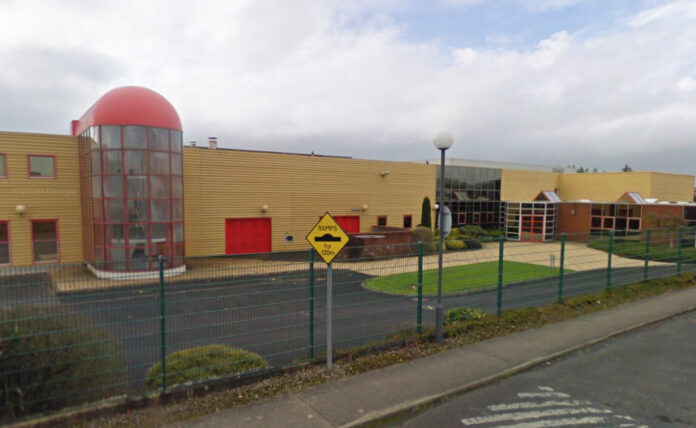
THE decision by German manufacturer Kostal to transfer on-board charger (OBC) production from its Abbeyfeale plant to China has dealt “a hammer blow” for workers and families across Limerick.
Following the announcement, local Sinn Féin Senator Joanne Collins raised concerns that up to 150 jobs could be at risk in Abbeyfeale following Kostal’s decision.
“This comes on top of the 97 voluntary redundancies already accepted earlier this year, and it will have a devastating impact on families and small businesses across Limerick and Kerry,” Collins told the Limerick Post.
An internal communication to staff confirmed that all OBC production will transfer to Kostal China, with implementation envisaged during 2026. The company itself has admitted that this “reorganisation will have a substantial impact on the number of people employed in Kostal Abbeyfeale”.
Senator Collins hit out that “Kostal is a crucial business for the footfall of Abbeyfeale and the wider region”.
“Every job lost here will be felt in our shops, schools, sports clubs, and communities. This is not just about a factory, it’s about the survival of small towns in Limerick that depend on these wages to keep local economies alive.”
While Kostal has signalled investment in other areas, such as injection moulding and spare parts, Senator Collins warned that these do not come close to offsetting the loss of such a key product line.
“The Minister for Enterprise and the IDA must immediately engage with Kostal to safeguard as many jobs as possible. Workers and their families cannot be left in limbo while decisions about their livelihoods are made in boardrooms abroad,” she stated.
“We need a plan now, not when the redundancies arrive. Unless action is taken, Abbeyfeale and surrounding small towns across Limerick and Kerry will suffer irreparable damage.”
Kostal hopes to have an update for staff in in the coming weeks, but, as things stand, the future is uncertain for the Abbeyfeale workforce.
SIPTU representatives met with Kostal last week, along with plant managers and workers, concerning a possible threat to jobs at the Abbeyfeale manufacturing.
SIPTU organiser Rory Hawkins said “the Kostal Abbeyfeale Plant employs more than 420 staff. It has been in operation for more than 40 years and plays a crucial role in
supporting a significant number of other businesses in the wider area.”
Mr Hawkins said SIPTU representatives sought clarity on transition timelines in production and the number of roles that could potentially be affected, stating that Kostal management commited to seeking further updates and engaging further with SIPTU.
“While management had no further information beyond what had already been communicated, it committed to meeting with SIPTU representatives on the ninth of October to provide an update to the Union and discuss the situation further,” Mr Hawkins said.
When contacted for comment, Kostal Ireland said that “as a key supplier to the highly competitive and rapidly changing automotive components sector, Kostal is constantly reviewing its operational efficiencies and competitive position in the 21 countries in which it operates. We regularly engage with our employees on those findings.”
Kostal said that it had “recently completed a review of business viability at its Abbeyfeale site” and “as part of this process, the company has decided to transfer production of its on-board charger products”
“Other business activities will continue at the Abbeyfeale site. The business review was relevant to the Abbeyfeale site only and does not impact Kostal’s operations in Mallow, County Cork.”
The company said that “a planning team has been established to transfer OBC production activities from Abbeyfeale, and discussions with customers are a key part of the transfer process.”
“As part of this business re-organisation at Abbeyfeale, Kostal will keep all employees and their representatives regularly informed once further details become available.
“Kostal has been present in Ireland since 1981 and remains committed to acting in a fair, balanced, and constructive way as we navigate the current challenges facing the automotive industry.”


